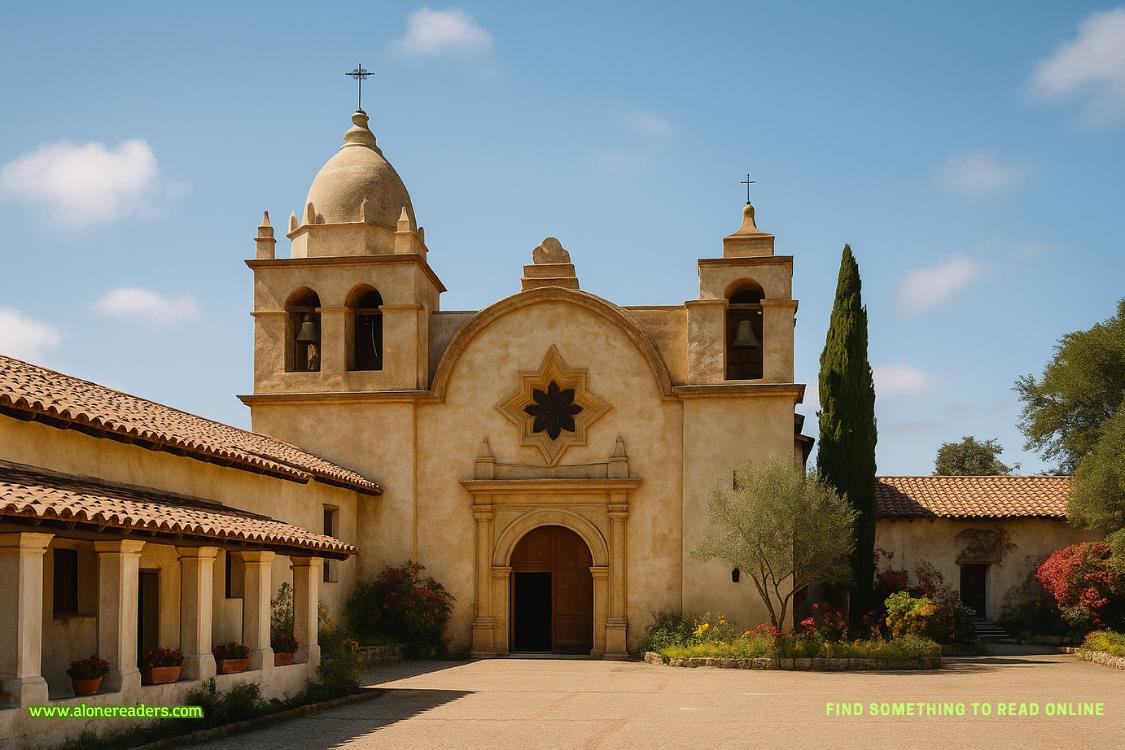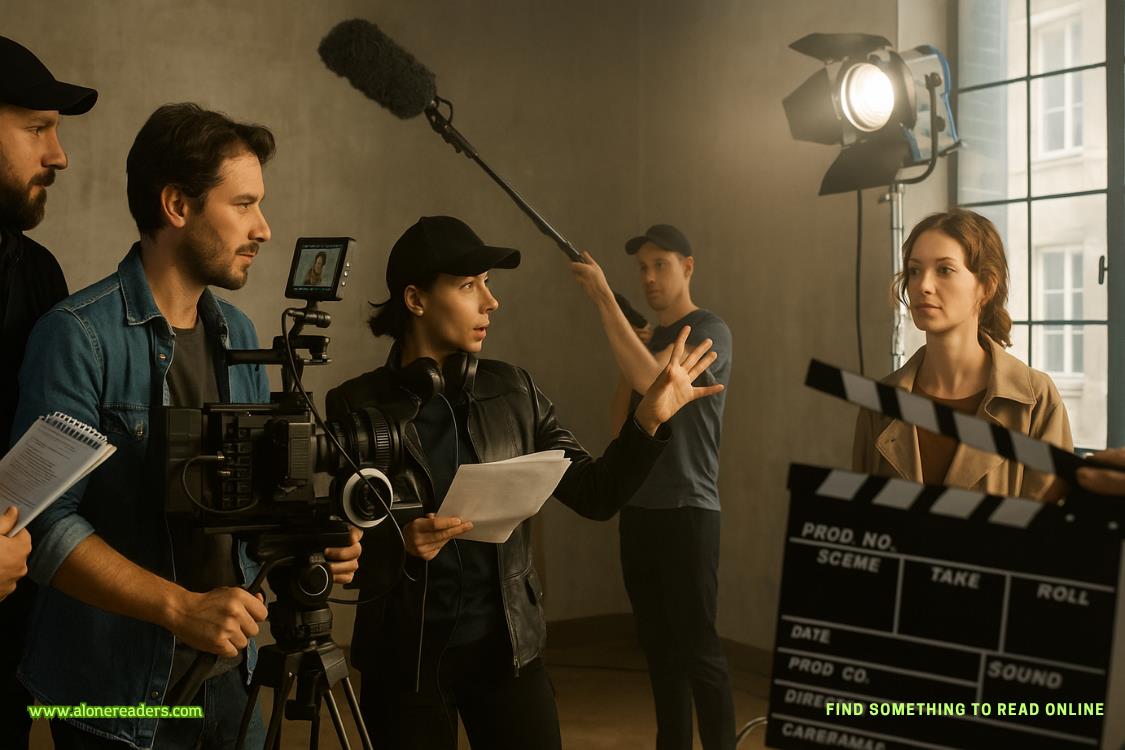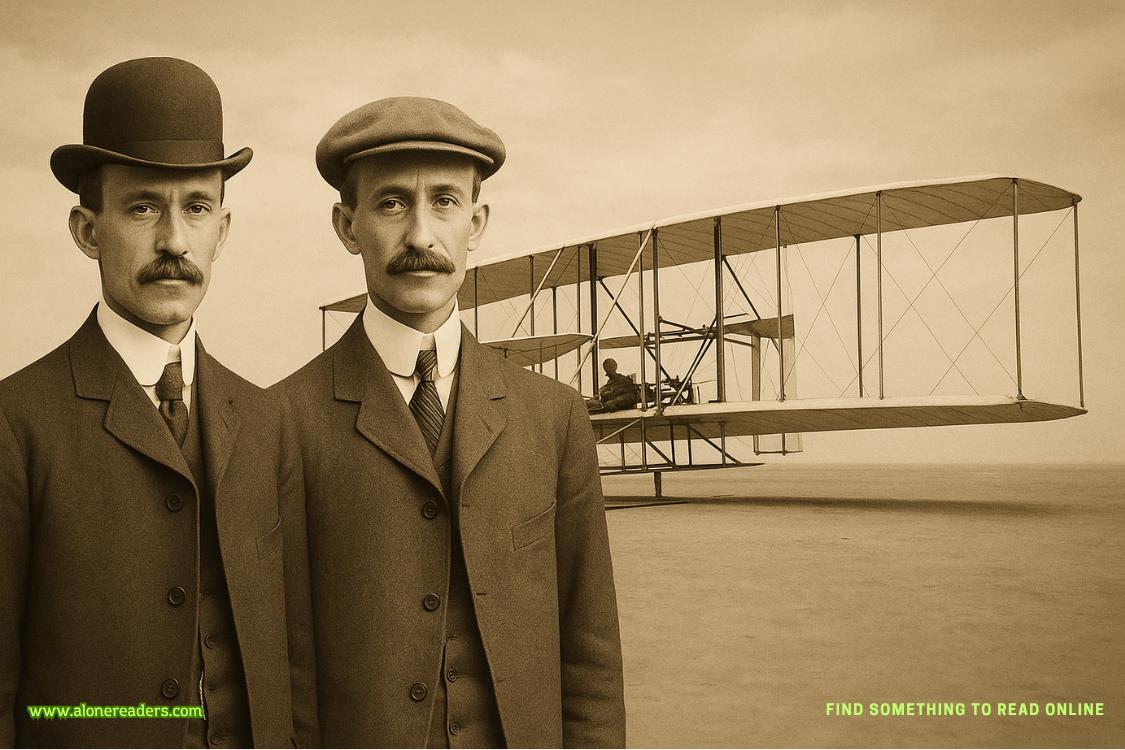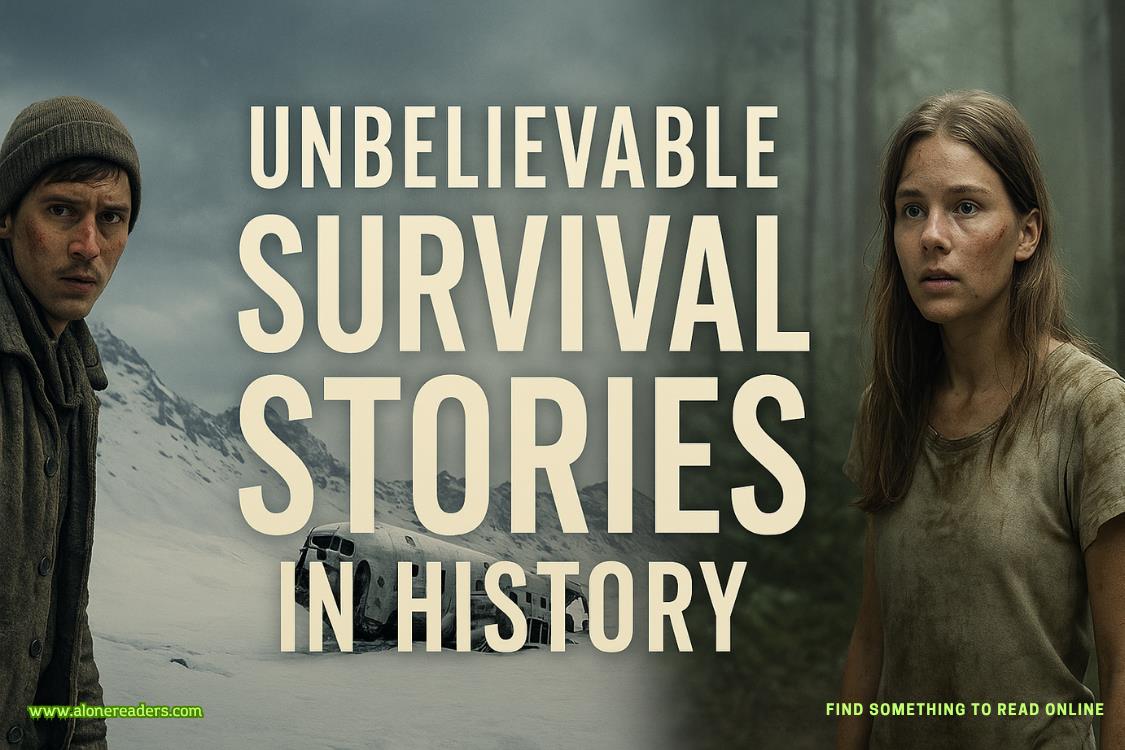Page 223 of Everything Under the Sun
THAIS & (ATTICUS)
“What makes you think I’m not?” I joked. I laid the opossum on the ground, and told Atticus to drop his pants so I could look at the infected wound, but instead, I inhaled sharply and froze where I stood.
“Oh…dear God…”
Atticus raised his head slowly. “What is it?” he asked, but as his gaze followed mine, he didn’t need me to tell him.
The ground beneath us was littered with bones—human bones. Bones that still wore the clothes the people had lived and died in; bones separated, smashed to pieces, torn apart; human skulls unattached to their spines, tossed in every direction, marred by bullet wounds and axe fissures and other large, blunt objects. The dead stretched outward in front of us fifty-feet and led to a sloped drop-off. I, eyes wide, horrorstruck, saw the dirt rim of a mass grave with the circumference of a small pond.
“Thais, don’t…”
But I had to. I had to see, to bear witness to the scene of what had once been a place of terrible violence and horrific brutality.
Bones crunched underfoot as I walked over them, unable to step around them there were so many. There was no fear in my heart, only sadness; my mind so fixated on what I was about to see I barely noticed Atticus following closely behind.
I stood at the edge of the mass grave, a deep, deep hole, where at the bottom, hundreds of skeletal remains were scattered like rocks on a hillside. Hundreds of people who once had lives, who had sons and daughters—who were sons and daughters. Hundreds.
I felt Atticus’ hand on my shoulder; I couldn’t tear my eyes away from the sight.
“Atticus, there are…children.” My fingertips rested on my lips; burning moisture brimmed my eyes.
Atticus took my other hand into his and he squeezed it.
Every unimaginable kind of horror about what happened here went through my mind, but all of them were unjust. I could have allowed myself to believe these people were executed because they had done awful things—they could have been savages—but the bones of dead children among the massacre was evidence those who did the killing might have been the savages. Or cracks. Or a tyrant like William Wolf of Lexington City. Or any number of evil who did, and always had, outweighed the good in this world.
I couldn’t look away.
“This can’t go on,” I said aloud to myself. “This can’t be how the world continues, how life continues…”—my hand fell away from my mouth; I stared into the mass grave, unblinking, picturing the smiling faces of the dead, when they were alive and happy and free—“This can’t be all that’s left.”
“It won’t be,” Atticus whispered.
“No, it won’t.”
After a moment, I said, “Let’s cook this opossum,” and I turned away from the grave, forcing it behind me because I’d break down if I didn’t.
I skinned and gutted the opossum myself, despite never wanting to.
“I’m still here,” Atticus told me as he watched.
I smiled. “Yes, you are,” I said. “You’re too stubborn to die; I know that now.”
Atticus chuckled.
Then he pointed to his festering leg wound. “I don’t know,” he reasoned. “I’m starting to wonder.”
“Ah!” I waved the idea off. “That won’t be what kills you—I know that, too.”
Atticus raised a brow.
“How do you know?”
“I just know.” I reached over and patted Trick on the head; the dog had been sitting patiently beside me, slobbering, waiting to be rewarded with a treat.
“Then what will be what kills me?”
I thought on it a moment, squinting my eyes and pressing my lips together in a hard line on one side. “Hmm,” I said. “I’m going to say old age.”
Atticus laughed under his breath.
- The Hollywood Billionaire's Fangirl Wife by Marian Tee
- The Mechanic's Virgin by Jenna Rose
- Perfect Three by Suzy Shearer
- Silver Fox Daddies by Liz Archer
- Sassy Pants by Glenna Maynard
- Neighbor DADDY by Lena Little
- Forgotten Dreams by Natasha Madison
- Last Hand by Jessica Hall
- Knocked-up Bratva Bride by Rina Lawson
- Domination by B.J. Alpha
- Cruel Revenge by Kira Cole
- Selfish Suit by Whitney G.
- Burned to Obey by Wynter Raven
- The Therapist by K. Larsen
- Obsession by J.O. Mantel
- Pursuit of Her by Emily Hayes







